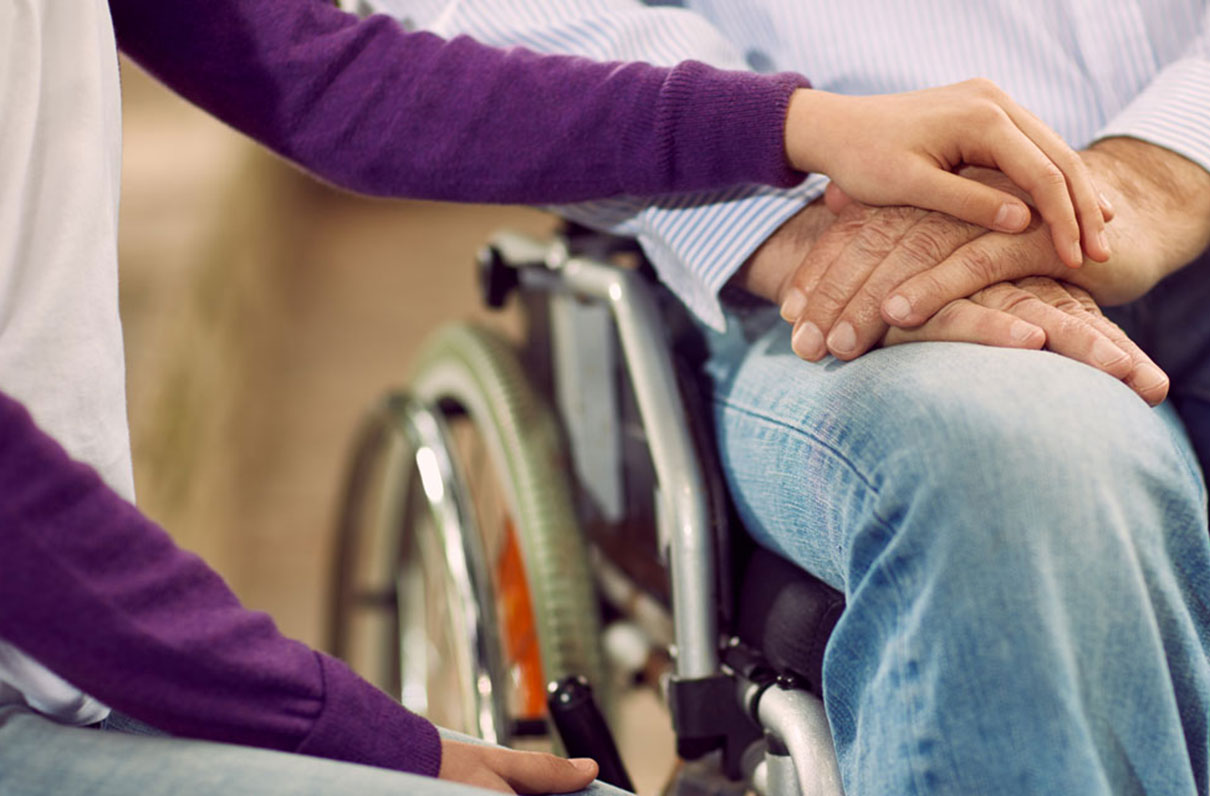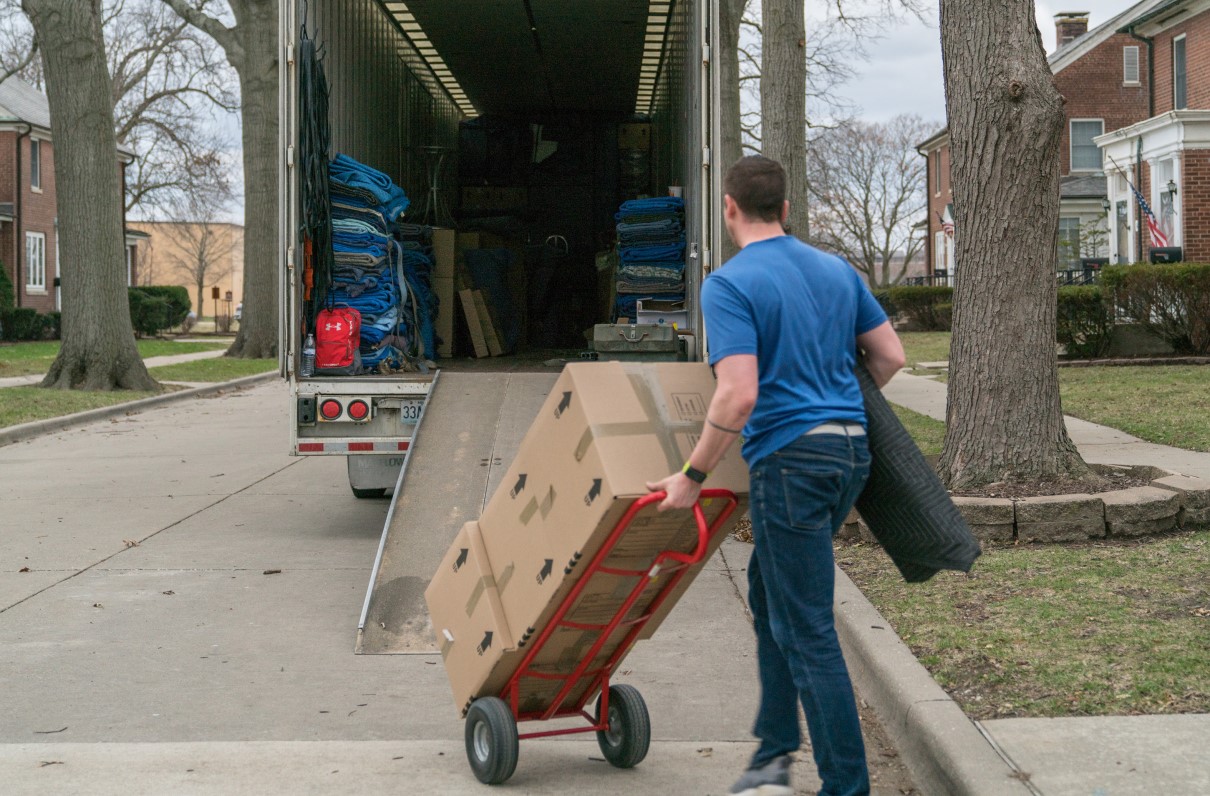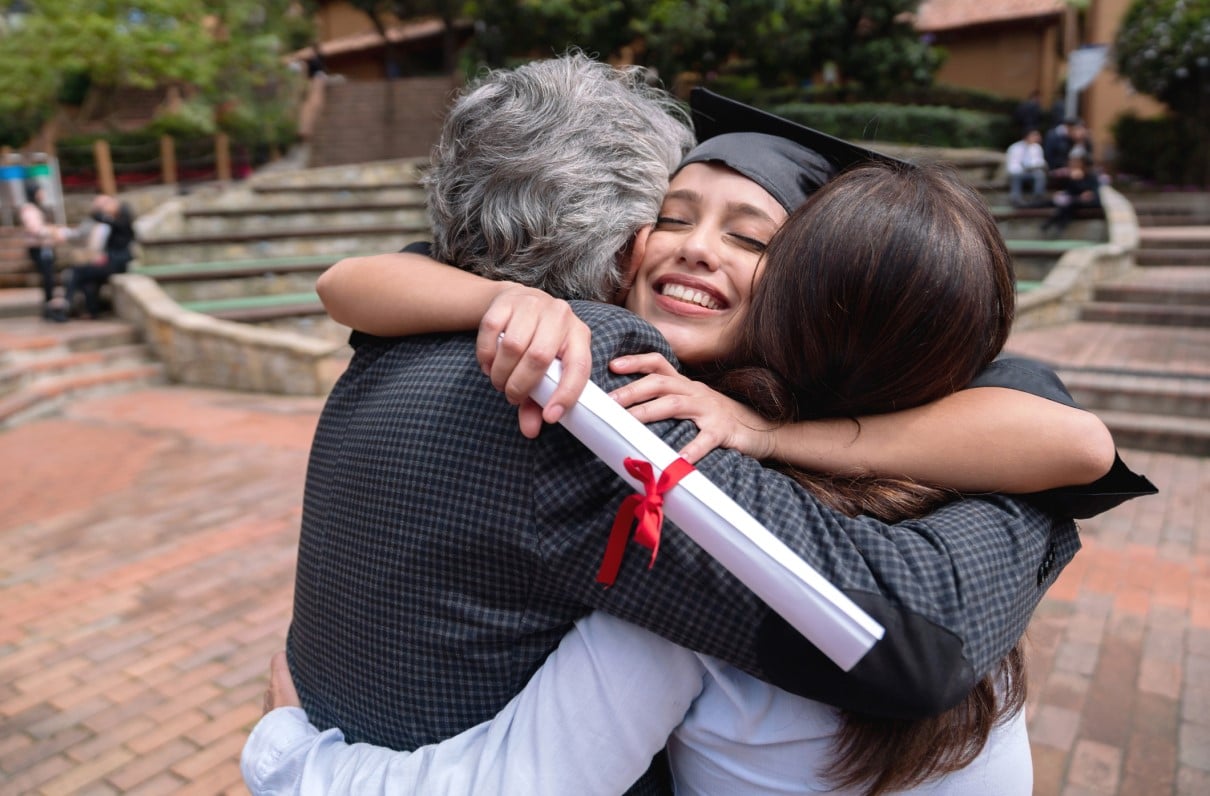Note: MOAA and the Elizabeth Dole Foundation partnered to create Tips for Lifelong Caregiving, a collection of resources for caregivers. You can also view a webinar on caregiver resources, which features representatives from the foundation, here.
The Elizabeth Dole Foundation is leading a survey that will gauge the needs of caregivers as they support their veteran’s daily needs through the COVID-19 pandemic.
The survey, which launched last week, will help the foundation focus on providing specific needs to caregivers. Among the most pressing concerns, caregivers have signaled an urgent need for delivery services.
“We right away realized we shouldn’t decide on our own (what caregivers need), we should formulate a survey so we could get a sense for how their needs have evolved around this national emergency,” said Steve Schwab, the foundation’s chief executive officer. “The response has been overwhelming. We are learning a great deal about what we can do.”
The foundation realized caregivers would be impacted by the virus as the Centers for Disease Control and Prevention released guidelines for keeping people safe and healthy. Elderly people and people with serious underlying medical conditions are at a higher risk for more serious complications from COVID-19, according to the CDC. Caregivers are in a unique position because they might fall into that description as well as care for someone who is older and has underlying medical conditions.
[RELATED: MOAA.org/Coronavirus]
The survey gauges what issues caregivers are experiencing. The results will be analyzed and shared with the foundation’s partners, including MOAA, to fill in gaps for assistance.
The most urgent and pressing concern is the demand for delivery services, including groceries and medical equipment, said Jonathan Selter, the foundation’s chief operating officer.
The survey also indicated caregivers are looking for ways to keep family members entertained and stimulated while they are sheltering in place in their homes.
“People can go out for walks and things like that, but families with caregivers can’t do that,” Selter said. “They can’t leave the house whether it’s because of a disability or [because] they could compromise the health of the veteran. So a couple of the activities available to the general public aren’t available to the caregiver.”
The survey is noting requests for financial assistance, which is particularly hard for this population since caregivers often give up jobs to stay home to care for their veteran. It’s also highlighting mental health services for caregivers who are trying to remain calm for themselves and their veteran.
[FROM THE CDC: COVID-19 Advice for Higher-Risk Individuals]
The questions will yield helpful insight, but the fact that so many people responded -- more than 750 in less than a week -- was actually the most insightful response, Schwab said.
“There is a very acute, urgent set of needs being felt by these families right now,” Schwab said. “My main message to the caregiver is you’re not alone. You don’t have to handle this alone.”





